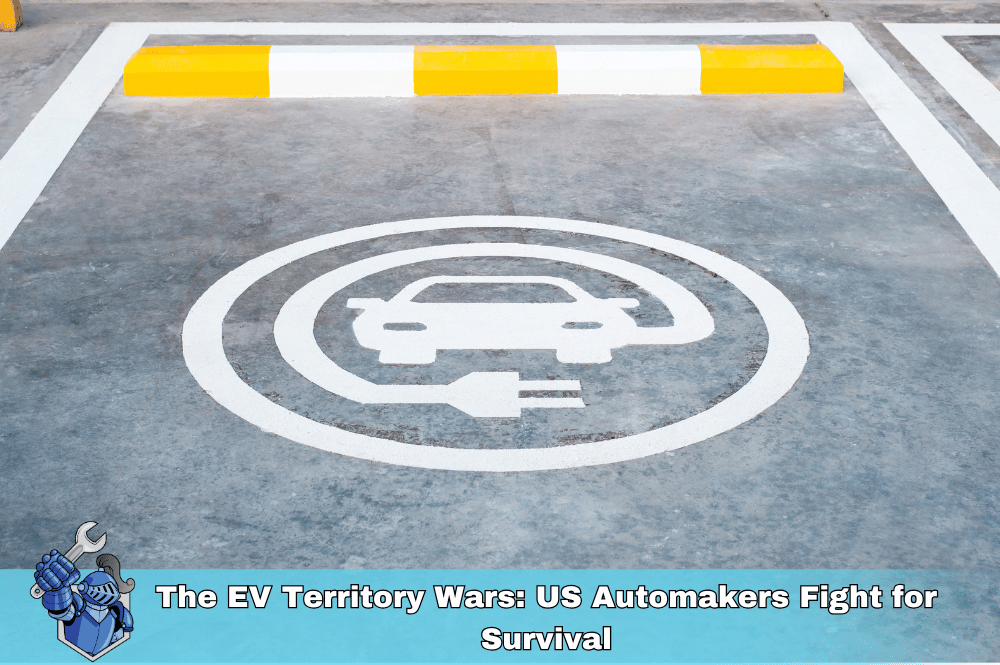Level 1 chargers use a standard 120V outlet, offering slow charging speeds. Level 2 chargers use a 240V outlet, providing faster charging times, typically 20-40 miles of range per hour.
Electric vehicles (EVs) are reshaping the automotive landscape, offering an eco-friendly and cost-effective alternative to traditional gas-powered vehicles. However, one crucial aspect of EV ownership often sparks questions: charging. Understanding the various EV charger types is essential for a seamless experience. This guide will break down EV charging levels, types, connectors, and costs while helping you choose the best option for your needs.
What Are the Different EV Charger Types?
EV chargers are categorized based on charging speed and the type of current they provide: alternating current (AC) or direct current (DC). Here’s a comprehensive look:
Level 1 Charger
- Speed: Slow
- Power: 120V AC (standard household outlet)
- Best For: Overnight home charging for lower daily mileage needs.
- Charging Time: Adds 3-5 miles of range per hour.
Level 1 chargers are the most basic option, ideal for light EV users or as a backup solution. Installation is simple—just plug into a standard outlet. However, the slow speed might not suit everyone.
Level 2 Charger
- Speed: Moderate
- Power: 240V AC
- Best For: Homeowners or workplaces with higher daily mileage needs.
- Charging Time: Adds 20-40 miles of range per hour.
Level 2 chargers strike a balance between cost and performance, making them the most popular choice for home charging. Installing a Level 2 EV home charger may require hiring a licensed electrician to upgrade your electrical panel.
Level 3 Charger (DC Fast Charger)
- Speed: Fast
- Power: 400V-900V DC
- Best For: Public EV charging stations and long-distance travel.
- Charging Time: Adds 100-200+ miles of range in 30 minutes.
Level 3 chargers, commonly referred to as DC fast chargers, are the go-to option for rapid charging at public EV charging stations. However, they are expensive to install and not suitable for home use.
EV Charging Connector Types
The type of connector you use depends on your EV model and the charging station. Here are the most common types:
CCS (Combined Charging System)
- Supports AC and DC charging.
- Standard for many EVs in North America and Europe.
CHAdeMO
- Primarily used for DC fast charging.
- Common among Japanese EVs, such as Nissan Leaf.
Tesla Connector
- Proprietary connector for Tesla vehicles.
- Compatible with Tesla Superchargers and Tesla Wall Connectors.
J1772 Connector
- Standard for Level 1 and Level 2 charging in North America.
- Compatible with most EVs via an adapter for Tesla models.
Portable EV Chargers
Portable chargers provide flexibility, allowing you to charge your vehicle from any compatible power source. These are typically Level 1 or Level 2 chargers and serve as an excellent backup for EV owners.
Public EV Charging Stations
Public charging stations vary in charging speeds and compatibility. Stations can be found at shopping centers, rest stops, and dedicated EV charging hubs. Use apps like PlugShare or ChargePoint to locate nearby stations and check their availability.
EV Charging Costs
Understanding the cost of EV charging is crucial for budgeting:
Home Charging:
Costs depend on your electricity rate and charger type.
Average cost: $0.10 to $0.30 per kWh.
Public Charging:
Costs vary based on the network and charger type.
DC fast chargers are typically more expensive than Level 2 chargers.
How to Choose an EV Charger
Selecting the right charger involves assessing your driving habits, budget, and home infrastructure. Here are key considerations:
Daily Mileage:
For short commutes, a Level 1 charger suffices.
For longer distances, invest in a Level 2 or access to public Level 3 chargers.
Home Electrical System:
Check compatibility with your existing electrical panel.
Consider the cost of upgrading your panel for Level 2 charging.
Budget:
Factor in installation costs and ongoing electricity rates.
Future-Proofing:
Opt for higher-capacity chargers to accommodate future EVs with larger batteries.
Charging Electric Cars: Tips for Efficiency
Maximize efficiency and reduce costs with these tips:
- Charge During Off-Peak Hours: Many utilities offer lower rates during non-peak times.
- Monitor Your Battery: Avoid charging to 100% frequently to preserve battery health.
- Use Smart Chargers: Smart chargers allow you to schedule charging sessions and monitor energy use.
Key Differences Between Charging Levels
| Feature | Level 1 | Level 2 | Level 3 (DC Fast) |
|---|---|---|---|
| Voltage | 120V | 240V | 400V-900V |
| Charging Time | 8-12 hours (40 mi) | 4-6 hours (200 mi) | 30 mins (200 mi) |
| Installation Cost | Low | Moderate | High |
| Best For | Home use, backups | Daily commuters | Long-distance travel |
The Future of EV Charging
Innovations in wireless charging and ultra-fast charging are on the horizon. Companies are also working on integrating EV charging with renewable energy sources to further reduce environmental impact.
For more insights on EV ownership and vehicle protection, visit our Learning Center.
Level up your EV knowledge and drive confidently with Noble Quote’s premium vehicle breakdown protection. From routine maintenance to unexpected repairs, we’ve got you covered. Get your extended car warranty quote today!
FAQ: EV Charging
What is the difference between Level 1 and Level 2 EV chargers?
How long does it take to charge an EV?
Charging time depends on the battery size and charger type. Level 1 chargers take 8-12 hours for a full charge, Level 2 chargers take 4-6 hours, and Level 3 chargers can charge in 30 minutes.
How much does it cost to install a Level 2 charger at home?
Installation costs range from $500 to $2,000, depending on your home’s electrical system and the charger model.
Can I use a portable EV charger for daily charging?
Yes, portable chargers are versatile but may not be as fast as installed Level 2 chargers. They’re great for emergencies or travel.
Are all EVs compatible with all public chargers?
Most public chargers are compatible with major EV brands. However, Tesla chargers may require an adapter for non-Tesla vehicles.
What is a DC fast charger?
A DC fast charger delivers high-voltage direct current, significantly reducing charging time compared to AC chargers.
How can I reduce my EV charging costs?
Charge during off-peak hours, use a smart charger to optimize energy use, and explore free public charging stations.
Suggestions for you
Read MoreLet’s work together
Every week we showcase three charitable organizations that our donations are sent to. Our clients are able to choose which of these three will receive their gift when they add coverage to their vehicle...

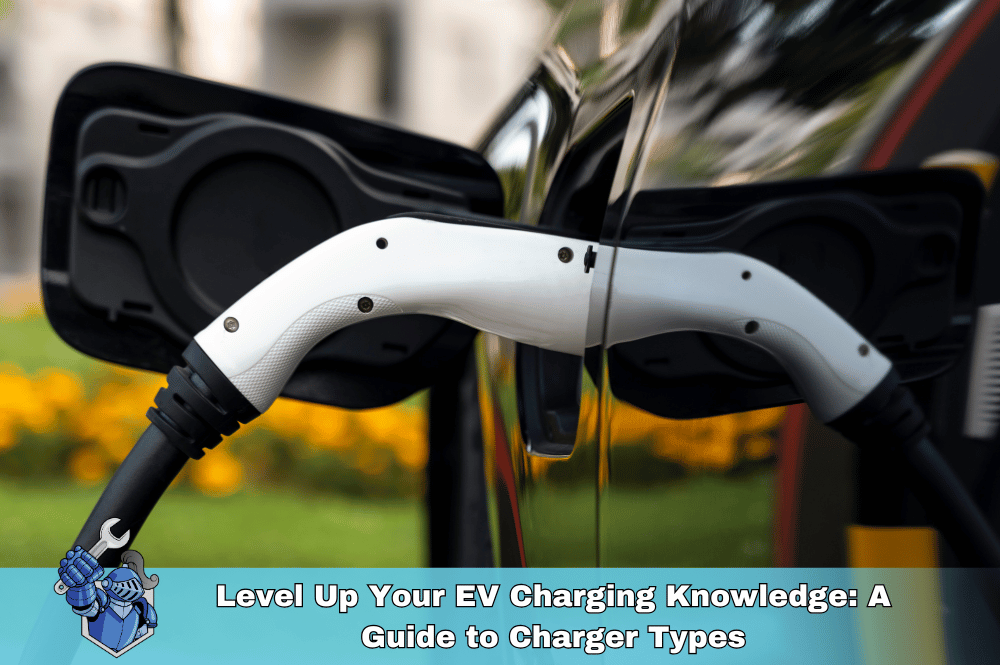
 Bumper to Bumper Extended Warranty: What Does it Really Mean?
Bumper to Bumper Extended Warranty: What Does it Really Mean?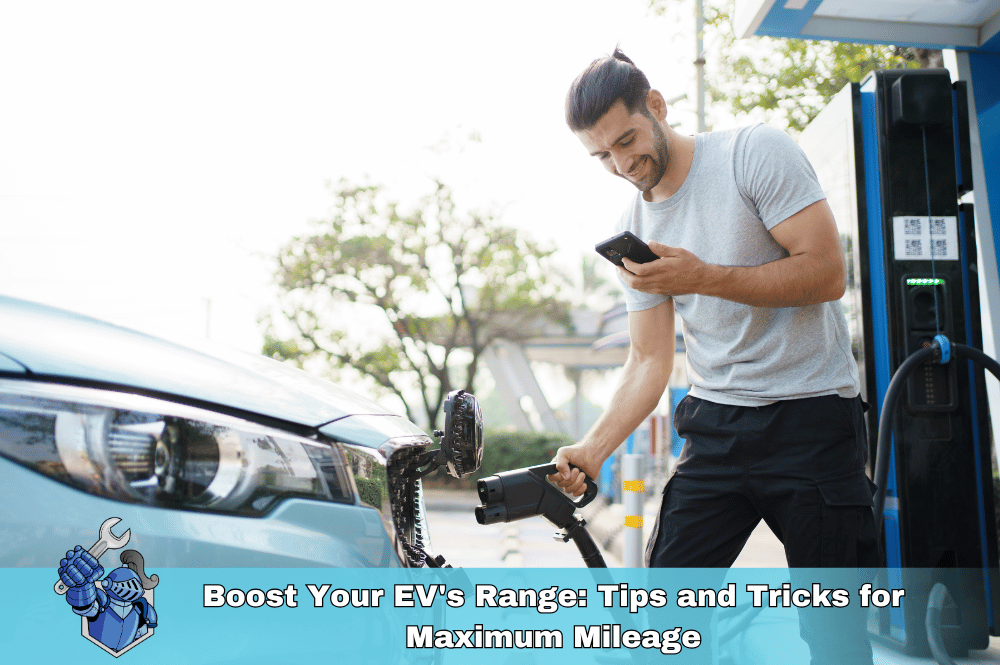 Boost Your EV's Range: Tips and Tricks for Maximum Mileage
Boost Your EV's Range: Tips and Tricks for Maximum Mileage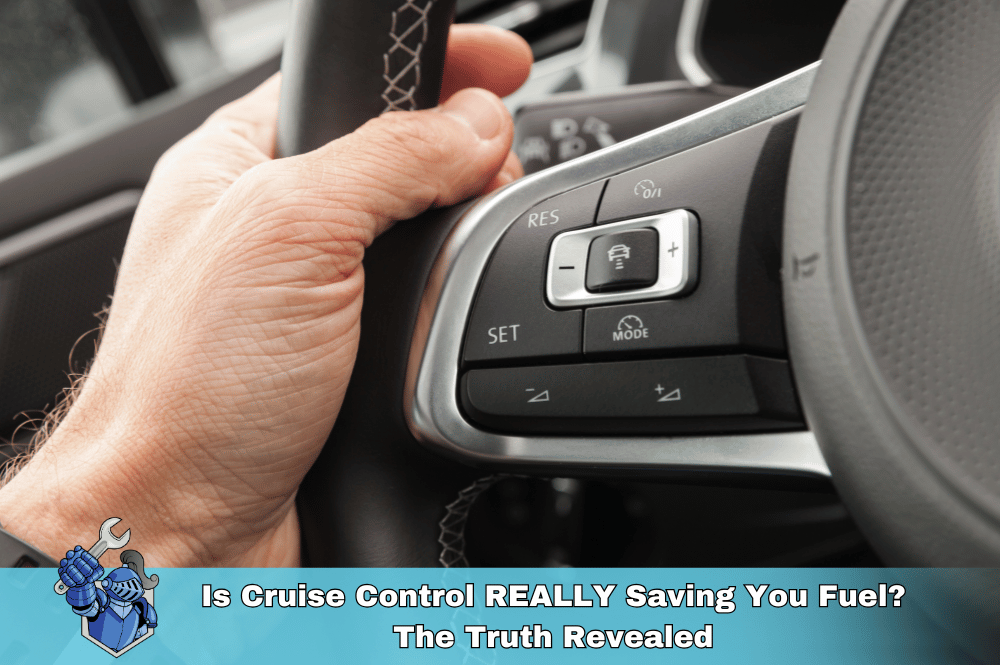 Is Cruise Control REALLY Saving You Fuel? The Truth Revealed
Is Cruise Control REALLY Saving You Fuel? The Truth Revealed What to Do When the Dealership Makes Warranty Cancellation a Hassle
What to Do When the Dealership Makes Warranty Cancellation a Hassle Why Can’t I Include My Warranty in My Car Financing? Answers to Your Top Questions
Why Can’t I Include My Warranty in My Car Financing? Answers to Your Top Questions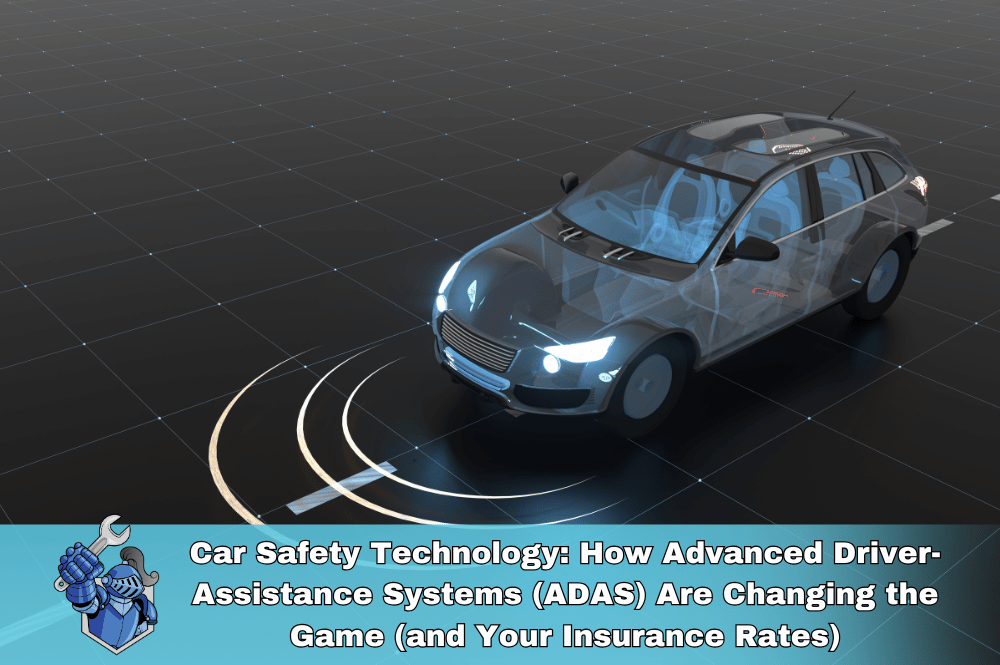 Car Safety Technology: How Advanced Driver-Assistance Systems (ADAS) Are Changing the Game (and Your Insurance Rates)
Car Safety Technology: How Advanced Driver-Assistance Systems (ADAS) Are Changing the Game (and Your Insurance Rates)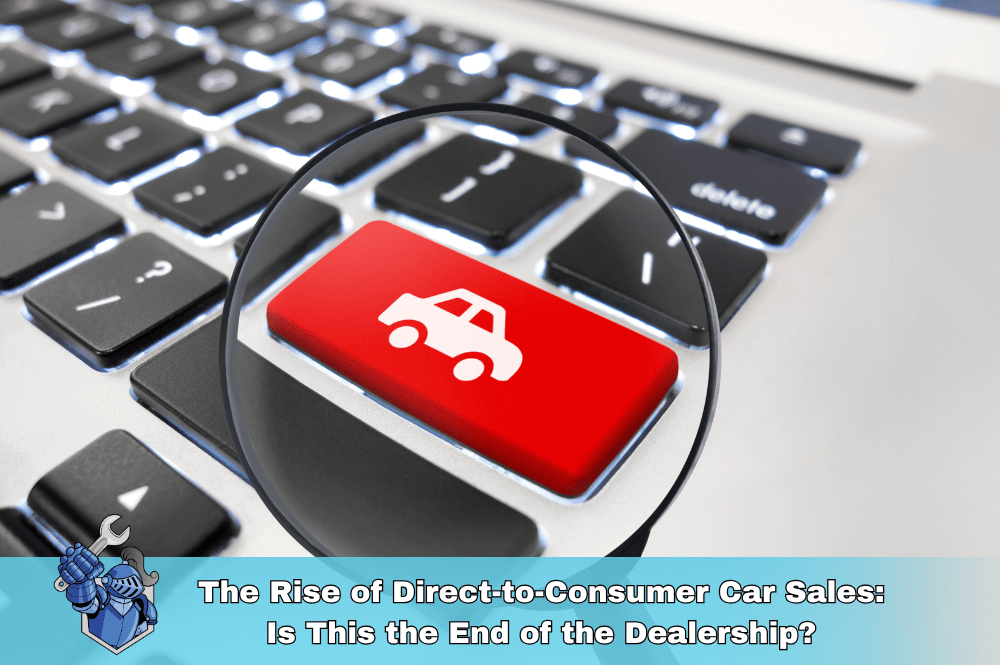 Skip the Dealership: The Rise of Online Car Buying
Skip the Dealership: The Rise of Online Car Buying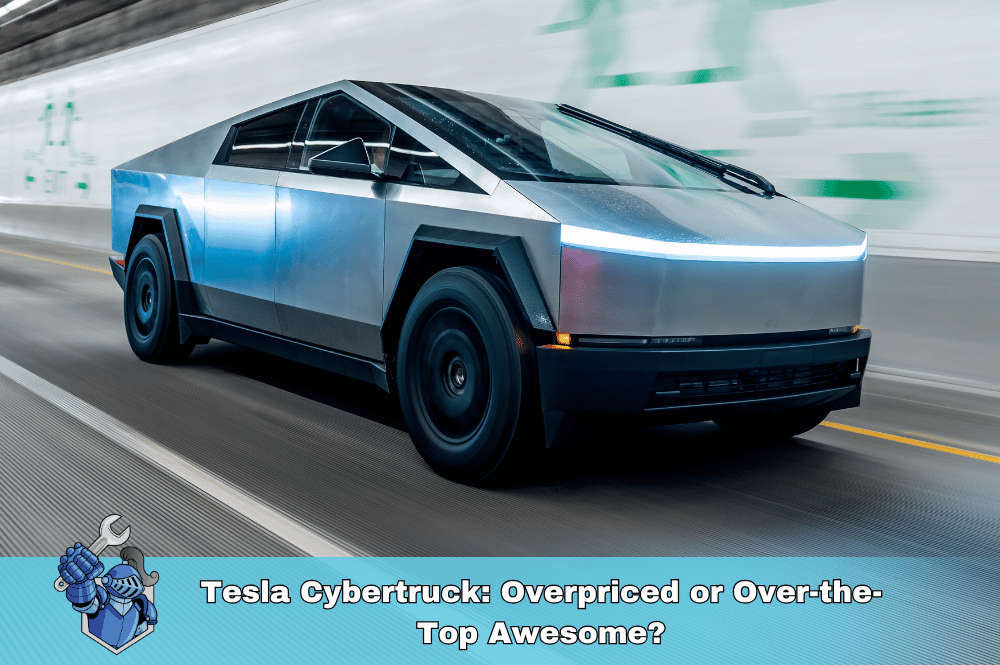 Tesla Cybertruck: Overpriced or Over-the-Top Awesome?
Tesla Cybertruck: Overpriced or Over-the-Top Awesome?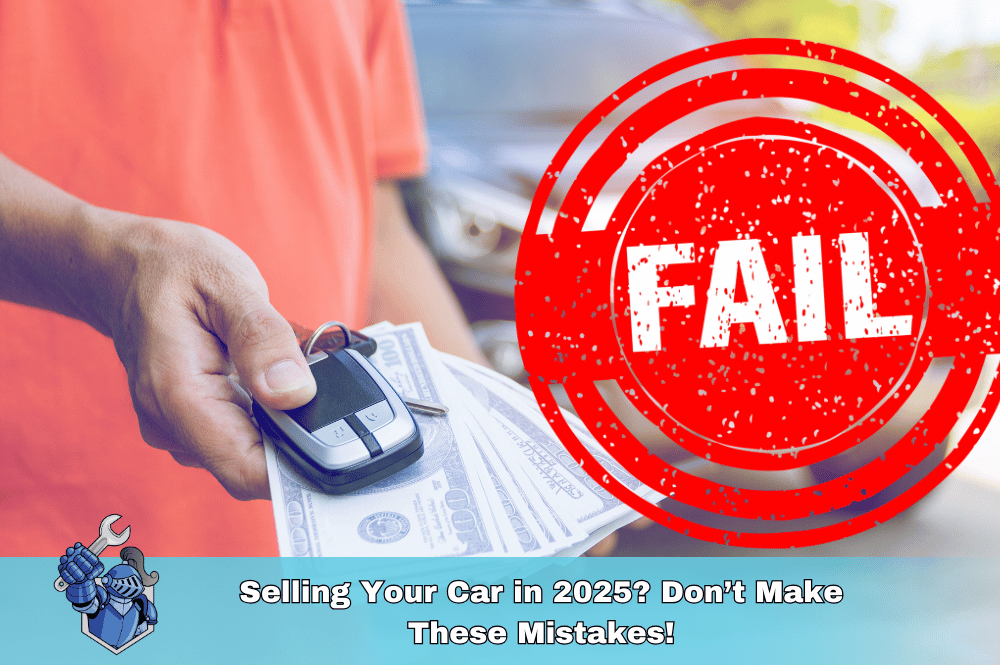 Selling Your Car in 2025? Don’t Make These Mistakes!
Selling Your Car in 2025? Don’t Make These Mistakes!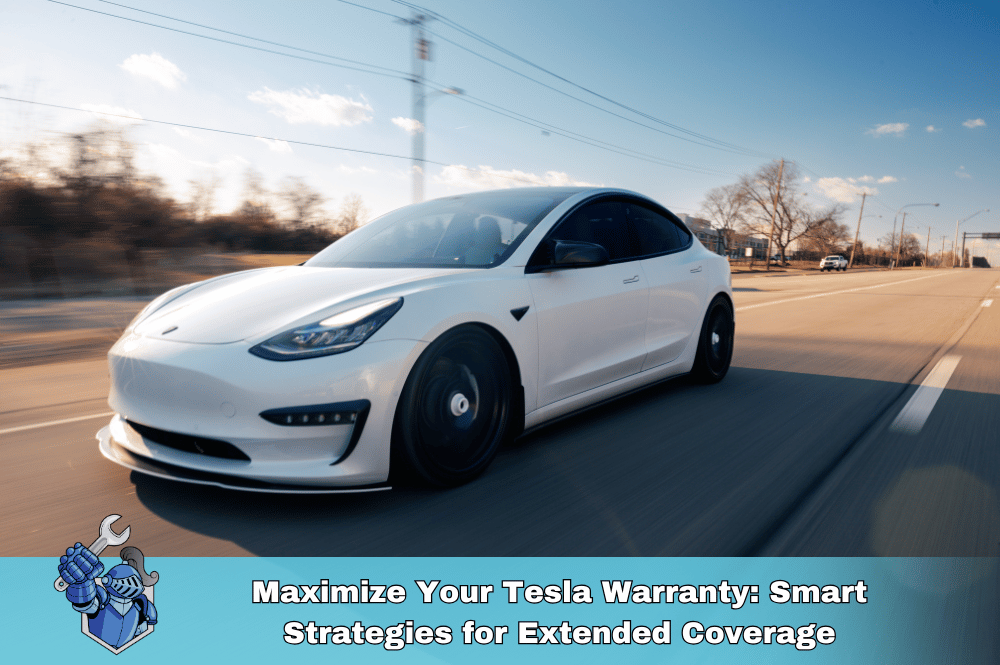 Maximize Your Tesla Warranty: Smart Strategies for Extended Coverage
Maximize Your Tesla Warranty: Smart Strategies for Extended Coverage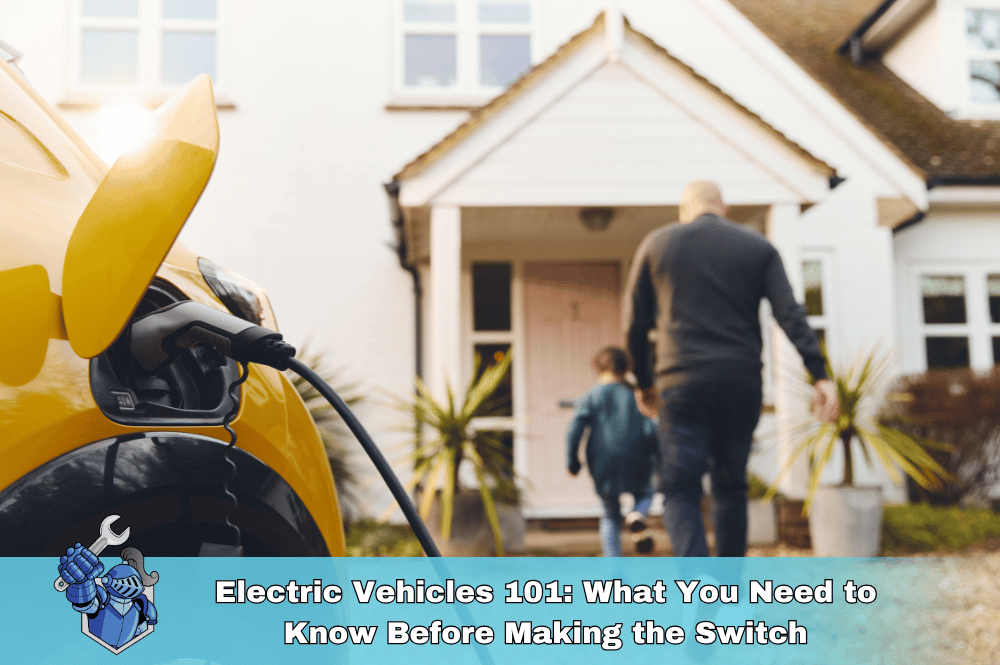 Electric Vehicles 101: What You Need to Know Before Making the Switch
Electric Vehicles 101: What You Need to Know Before Making the Switch Save on Car Repairs: NobleQuote vs. Toco Extended Warranty Review
Save on Car Repairs: NobleQuote vs. Toco Extended Warranty Review Is Your Car a Ticking Time Bomb? The Unexpected Costs of Car Ownership
Is Your Car a Ticking Time Bomb? The Unexpected Costs of Car Ownership Off-Roading vs. Overlanding: What’s the Difference?
Off-Roading vs. Overlanding: What’s the Difference? Should You Buy a Truck? The Ultimate Pros and Cons List
Should You Buy a Truck? The Ultimate Pros and Cons List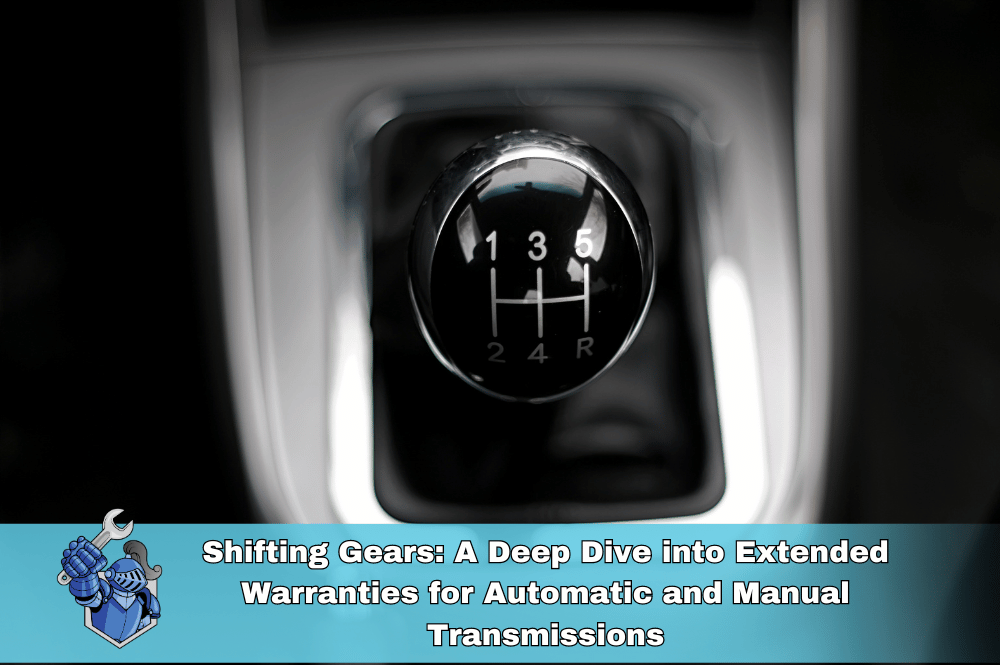 Shifting Gears: A Deep Dive into Extended Warranties for Automatic and Manual Transmissions
Shifting Gears: A Deep Dive into Extended Warranties for Automatic and Manual Transmissions Looking for the Perfect Gift for a Car Enthusiast? Try These 10 Puzzles
Looking for the Perfect Gift for a Car Enthusiast? Try These 10 Puzzles What is an ASE Certified Mechanic? (And Why Should You Care)
What is an ASE Certified Mechanic? (And Why Should You Care) Rules of the Road: Your Ultimate Guide to Safe Driving
Rules of the Road: Your Ultimate Guide to Safe Driving The Ultimate New Driver's Guide: Everything You Need to Know to Hit the Road with Confidence
The Ultimate New Driver's Guide: Everything You Need to Know to Hit the Road with Confidence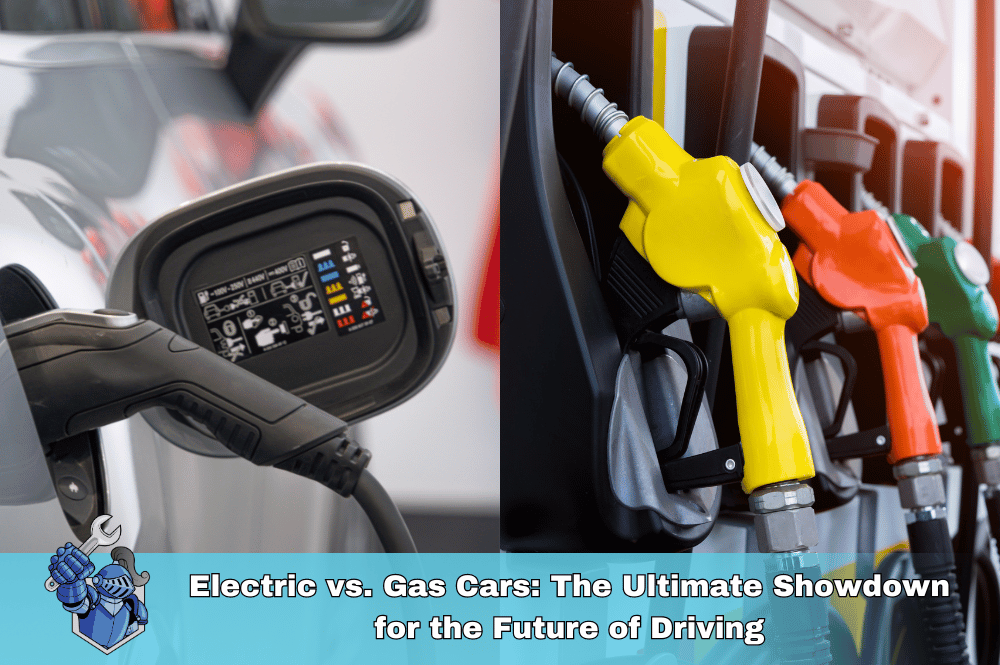 Electric vs. Gas Cars: The Ultimate Showdown for the Future of Driving
Electric vs. Gas Cars: The Ultimate Showdown for the Future of Driving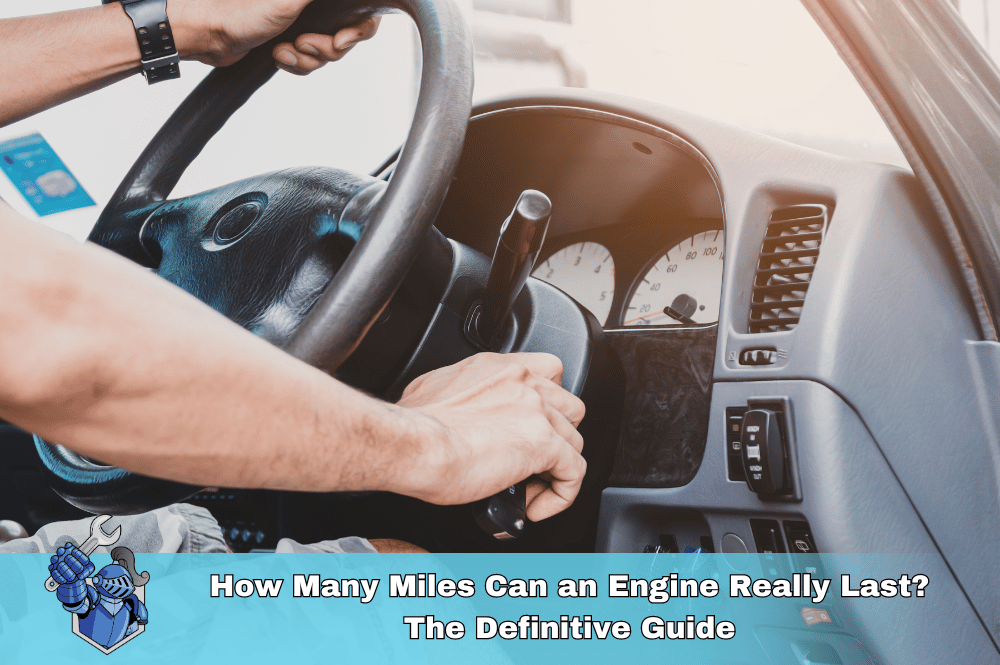 How Many Miles Can an Engine Really Last? The Definitive Guide
How Many Miles Can an Engine Really Last? The Definitive Guide The Ultimate Guide to Automotive Wraps: Everything You Need to Know
The Ultimate Guide to Automotive Wraps: Everything You Need to Know Dealer vs. Local Mechanic: Where Should You Take Your Car for Repairs?
Dealer vs. Local Mechanic: Where Should You Take Your Car for Repairs? The DIY Mechanic's Arsenal: Essential Tools for Basic Car Repairs
The DIY Mechanic's Arsenal: Essential Tools for Basic Car Repairs Stranded on the Sidelines: Your Essential Guide to Roadside Breakdowns & Staying Safe
Stranded on the Sidelines: Your Essential Guide to Roadside Breakdowns & Staying Safe The Ultimate Guide to Vehicle Airbags: Everything You Need to Know to Stay Safe
The Ultimate Guide to Vehicle Airbags: Everything You Need to Know to Stay Safe 8 Essential Tips to Avoid Overpaying at the Auto Repair Shop
8 Essential Tips to Avoid Overpaying at the Auto Repair Shop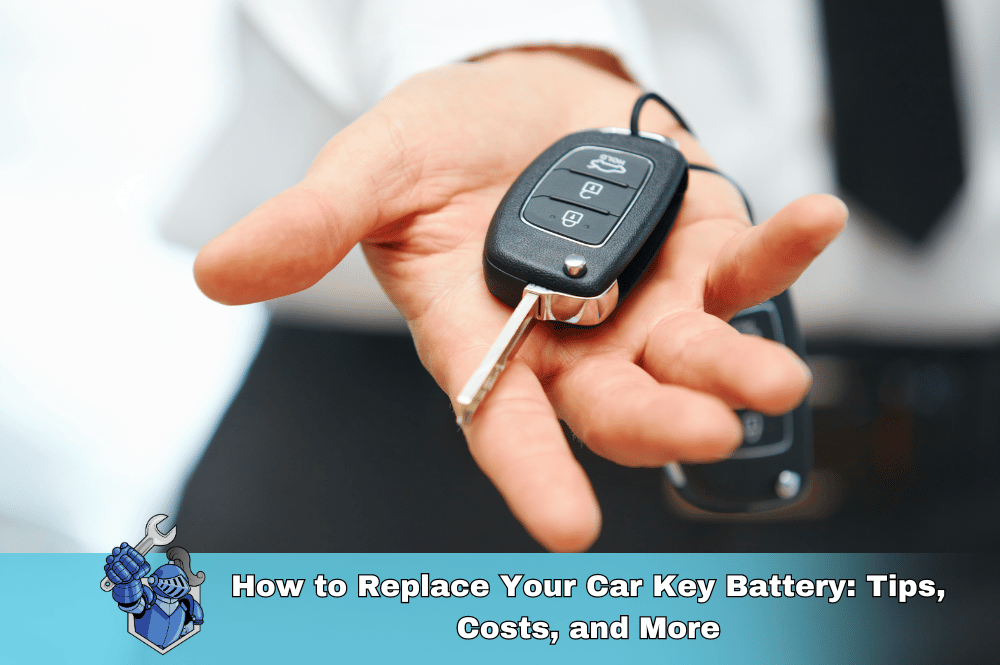 How to Replace Your Car Key Battery Tips Costs and More
How to Replace Your Car Key Battery Tips Costs and More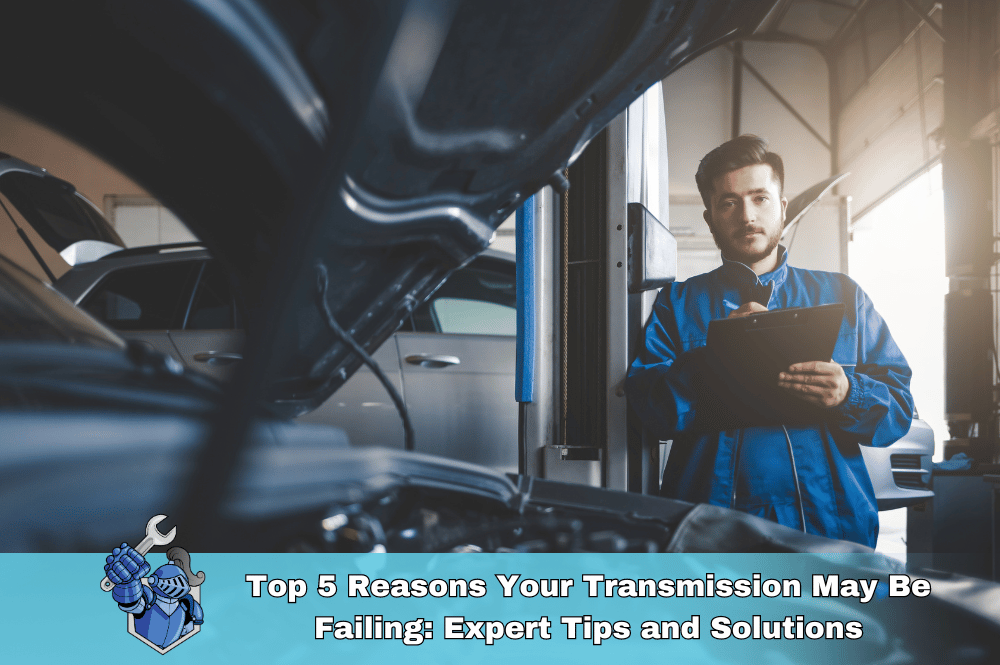 The Essential Guide to Car Maintenance: How to Keep Your Vehicle Running Smoothly
The Essential Guide to Car Maintenance: How to Keep Your Vehicle Running Smoothly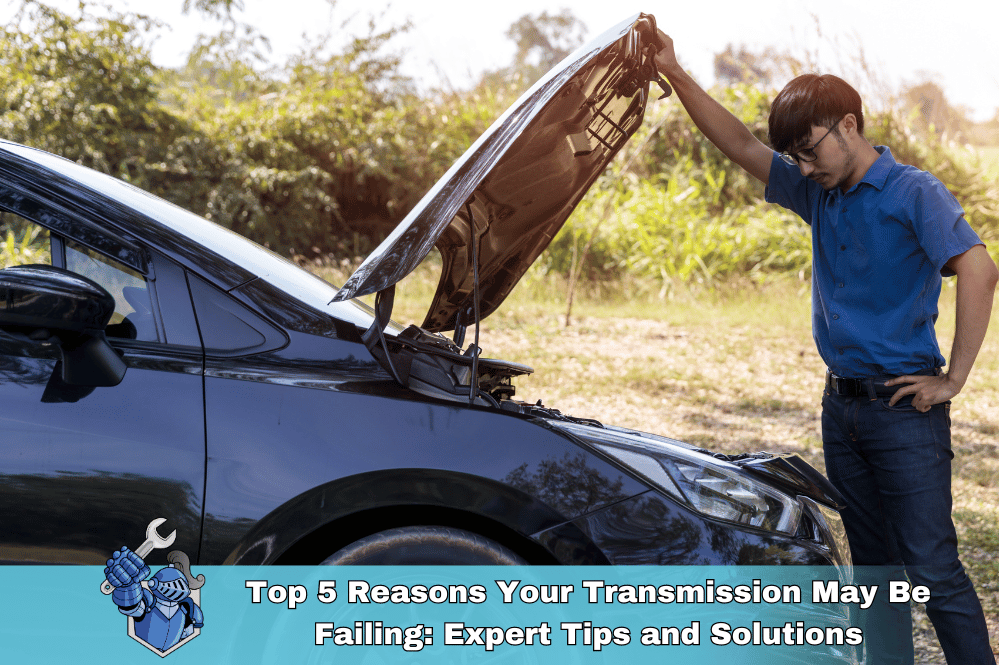 Top 5 Reasons Your Transmission May Be Failing: Expert Tips and Solutions
Top 5 Reasons Your Transmission May Be Failing: Expert Tips and Solutions Choosing the Right Brake Pads: A Complete Guide to Safety and Performance
Choosing the Right Brake Pads: A Complete Guide to Safety and Performance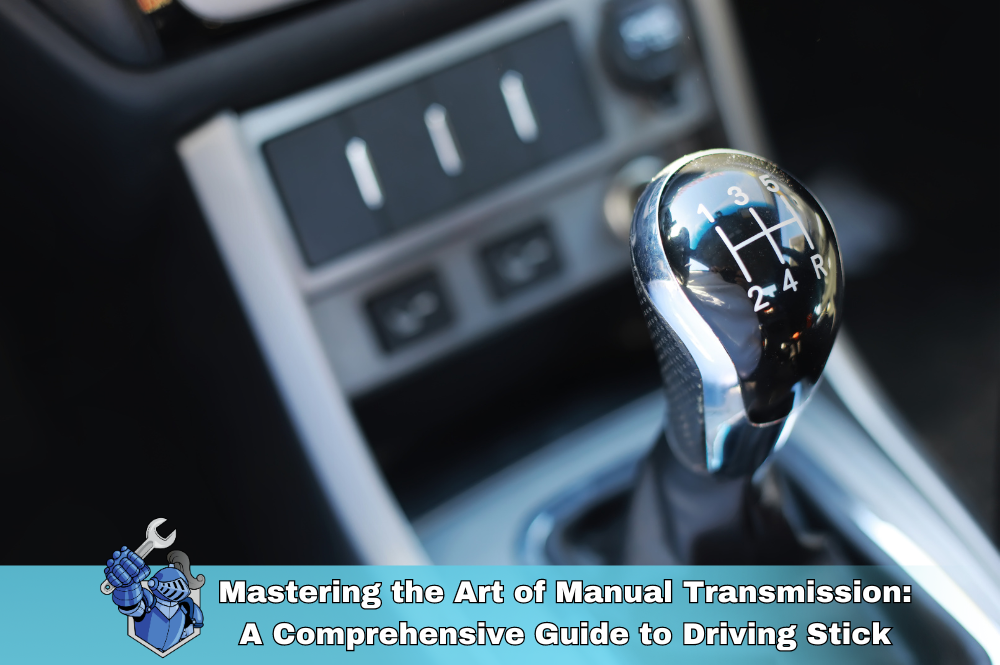 Mastering the Art of Manual Transmission: A Comprehensive Guide to Driving Stick
Mastering the Art of Manual Transmission: A Comprehensive Guide to Driving Stick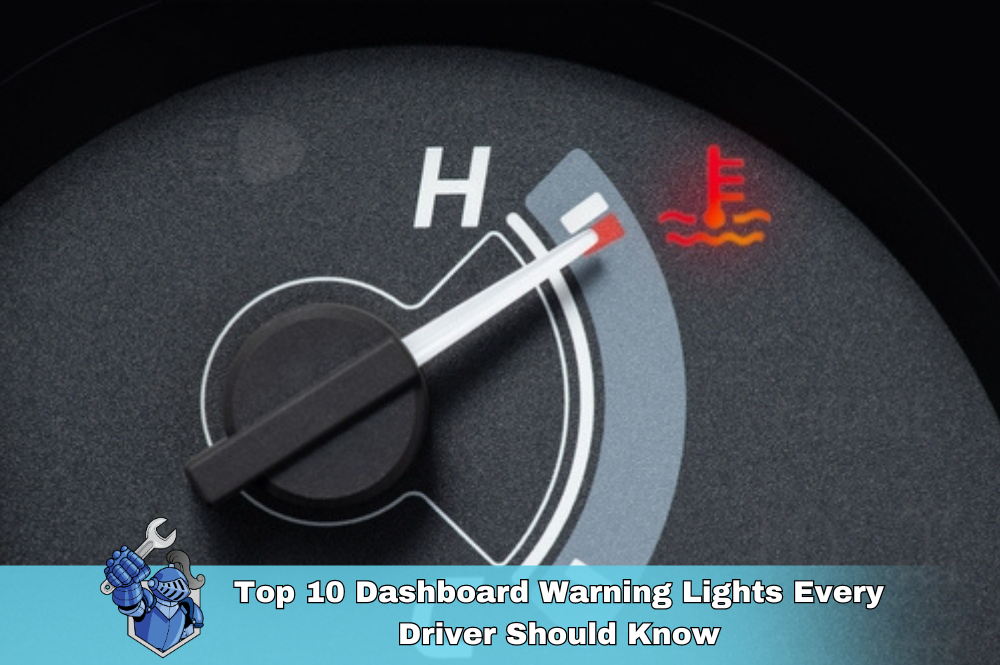 Top 10 Dashboard Warning Lights Every Driver Should Know
Top 10 Dashboard Warning Lights Every Driver Should Know The Ultimate Guide to Motor Oil: Types, Benefits, and How to Change It
The Ultimate Guide to Motor Oil: Types, Benefits, and How to Change It Top Reasons Your Car Radiator Might Fail and How to Prevent Costly Repairs
Top Reasons Your Car Radiator Might Fail and How to Prevent Costly Repairs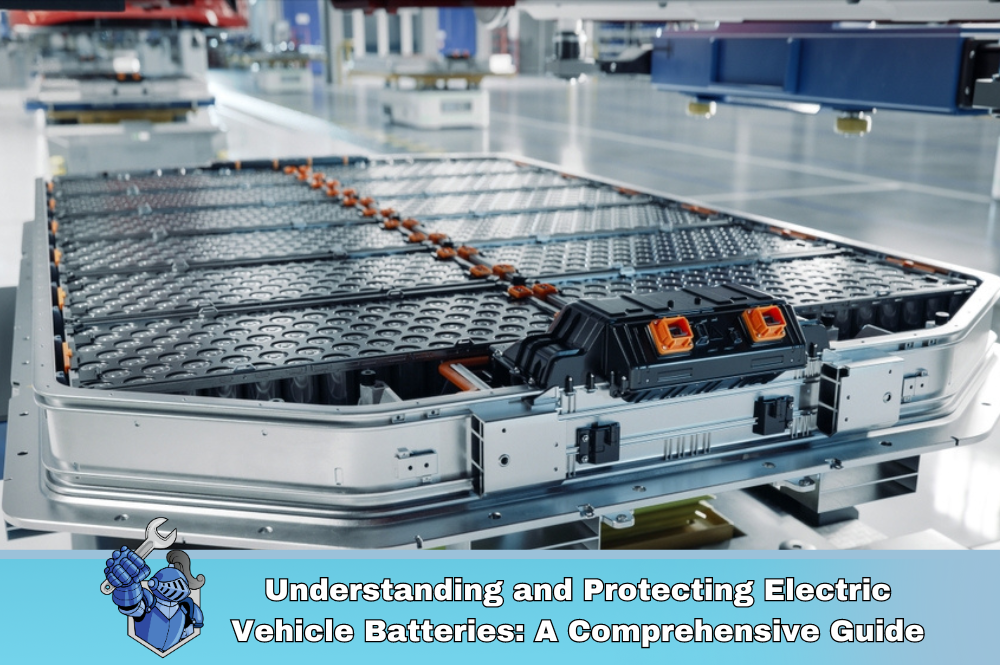 Understanding and Protecting Electric Vehicle Batteries: A Comprehensive Guide
Understanding and Protecting Electric Vehicle Batteries: A Comprehensive Guide Keep Your Engine Cool: The Must Have Guide to Car and Truck Water Pumps
Keep Your Engine Cool: The Must Have Guide to Car and Truck Water Pumps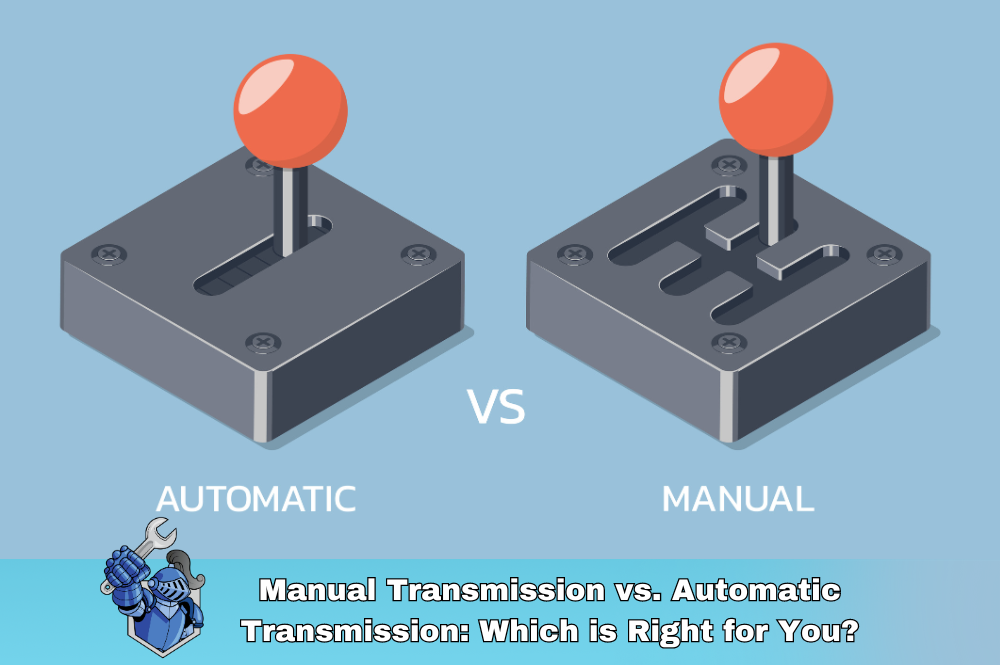 Manual Transmission vs. Automatic Transmission: Which is Right for You?
Manual Transmission vs. Automatic Transmission: Which is Right for You?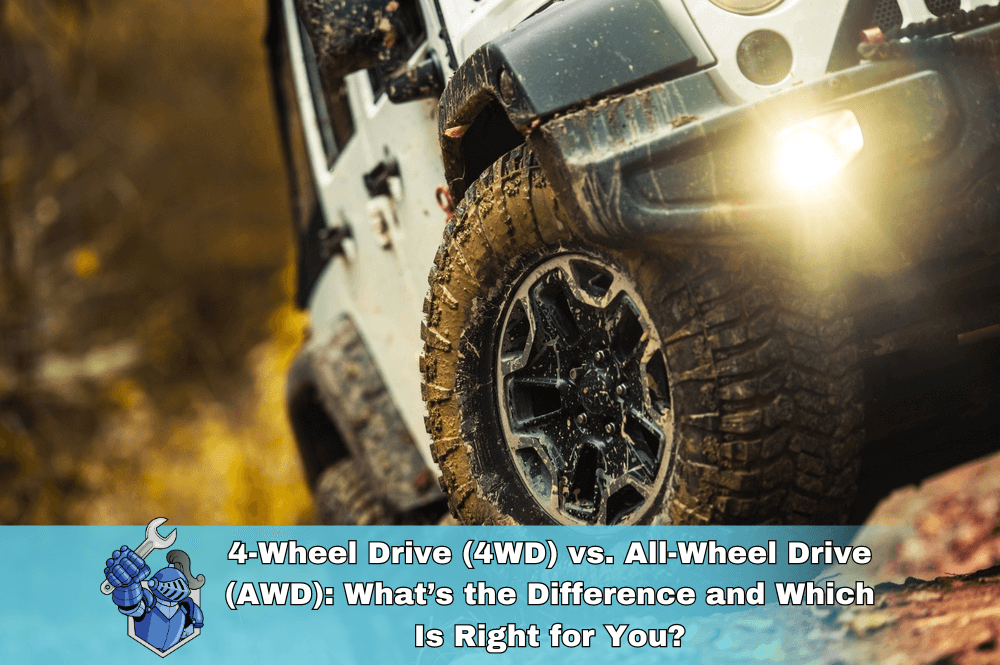 4-Wheel Drive 4WD vs All-Wheel Drive AWD: What’s the Difference and Which Is Right for You?
4-Wheel Drive 4WD vs All-Wheel Drive AWD: What’s the Difference and Which Is Right for You?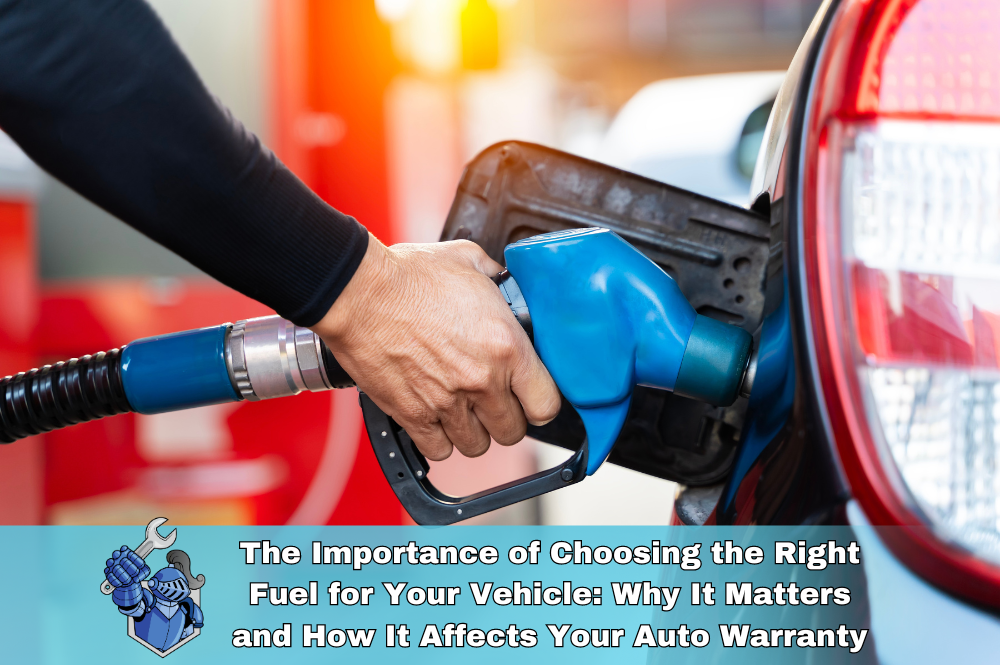 The Importance of Choosing the Right Fuel for Your Vehicle: Why It Matters and How It Affects Your Auto Warranty
The Importance of Choosing the Right Fuel for Your Vehicle: Why It Matters and How It Affects Your Auto Warranty How Much Does a Car Warranty Cost? A Comprehensive Guide
How Much Does a Car Warranty Cost? A Comprehensive Guide The Pros of an Extended Warranty: Why It’s Worth the Investment
The Pros of an Extended Warranty: Why It’s Worth the Investment

